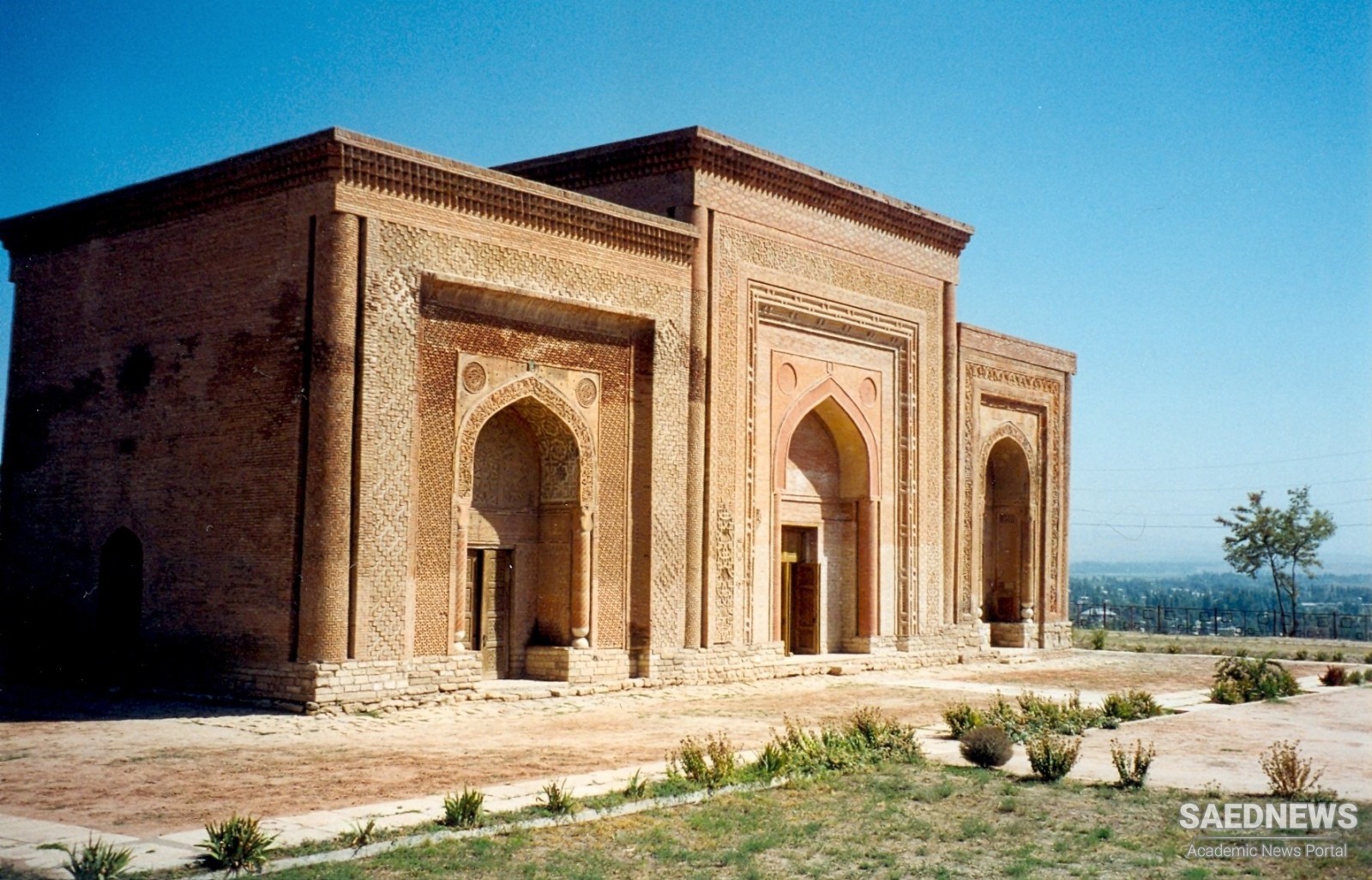His shrine, located in the quarter of Ustadsara, became a place of pilgrimage and remained the main sanctuary of Rasht until the early twentieth century, though an inscription of the year 1009/1600-1 identified him as a nephew of the Prophet and milk-brother of al-Husain b. 'All.1 This region of Gilan produced a number of distinguished Hanball scholars during the following centuries. Al-Utrush's claim to allegiance among the Dailamites clashed with the jnterests of Justan b. Vahsudan who resented his loss of authority and tried to prevent al-Utmsh from raising taxes. In the ensuing conflict the Alid gained the upper hand, and Justan was compelled to swear allegiance to him. In 301/914 al-Utmsh set out on a campaign to Tabaristan.
This time the Samanid army under Abu'l-'Abbas Su'luk suffered a crushing defeat at Burdidah on the river Burrud west of Chalus, and al-Utmsh occupied Amul. In the following year a Samanid counter-attack forced him once more to withdraw to Chalus, but after forty days he expelled the enemy and brought all of Tabaristan and temporarily Gurgan under his sway. The Bavandid Sharvln b. Rustam and the Qarinid Shahriyar b. Baduspan who at first opposed him were forced to submit. The contemporary Sunni historian Tabari, himself a native of Amul, pays tribute to this cAlid ruler stating that "the people had not seen anything like the justice of al-Utrush, his good conduct, and his fulfilment of the right". Al-Utrush died in 304/917. The Nasiri Dailamites and Gilites for centuries later made the pilgrimage to his shrine in Amul and kept an affection for his descendants each of whom was given the honorary surname al-Nasir.
The Zaidite supporters of al-Utrush, other than the Dailamites and Gilites, were opposed to the succession of any of his sons, whom they considered dissolute and ill-suited for the rule, and favoured the Hasanid al-Hasan b. al-Qasim, commander-in-chief of his army. Already during al-Utrush's lifetime rivalry between his sons and al-Hasan had led to quarrels during which al-Utrush himself was deposed for a brief time by al-Hasan. Al-Utrush nevertheless consented to appoint him his successor. After al-Utrush's death his son Abu'l-Husain Ahmad invited al-Hasan from Gllan and surrendered the reign to him. Ahmad was reproached for this by his brother Abu'l-Qasim Ja'far who left Amul with the intention of gaining his father's throne by force.
Al-Hasan, who adopted the regnal name al-Da'l ila'-haqq, forced the Bavandid Sharvin and the Qarinid Shahriyar to pay more tribute and he conquered Gurgan. The people of Tabaristan liked him, especially since he kept the Dailamite soldiers under strict control. In 306/919 Abu'l-Husain Ahmad deserted the Da'i and joined his brother Jac far in Gilan. Ja'far defeated the Da'i and assumed the rule in Amul. Consequently the two brothers occupied Gurgan. The Da'i, who had sought refuge with the Qarinid Muhammad b. Shahriyar, was seized by the latter and sent to the Justanid 'All b. Vahsudan, at this time 'Abbasid governor of Ray. 'All sent him to Alamut for detention by his brother Khusrau Firuz. The latter released him soon when 'AH was killed by the Sallarid Muhammad b. Musafir. Seven months after his flight the Da'i returned to Tabaristan with an army he had gathered in Gllan and defeated Ahmad near Astarabad.
Then he came to terms with him, while Ja'far fled to Ray and Gllan. Ahmad usually governed Gurgan for the Da'i. In 309/921 the Da'i's general Lili b. ''al-Nu'man " (his father's real name was Shahdust), king of the Gilites in succession to Tirdadh, conquered Damghan, Nishapur and Marv, but was ultimately defeated and killed by the Samanid army. As the defeated army returned to Gurgan, a group of Gilite and Dailamite leaders conspired to kill the Da'i. The latter was informed, came hurriedly to Gurgan and treacherously killed seven of them, among them Harusindan b. Tirdadh, whom the Gilites had recognized as their king after Lili. This incident resulted in the disaffection of part of the Gilite and Dailamite army and eventually in the death of the Da'i at the hands of Mardavij b. Ziyar, the nephew of Harusindan through his sister.


 Dialamites Expansionism
Dialamites Expansionism














































